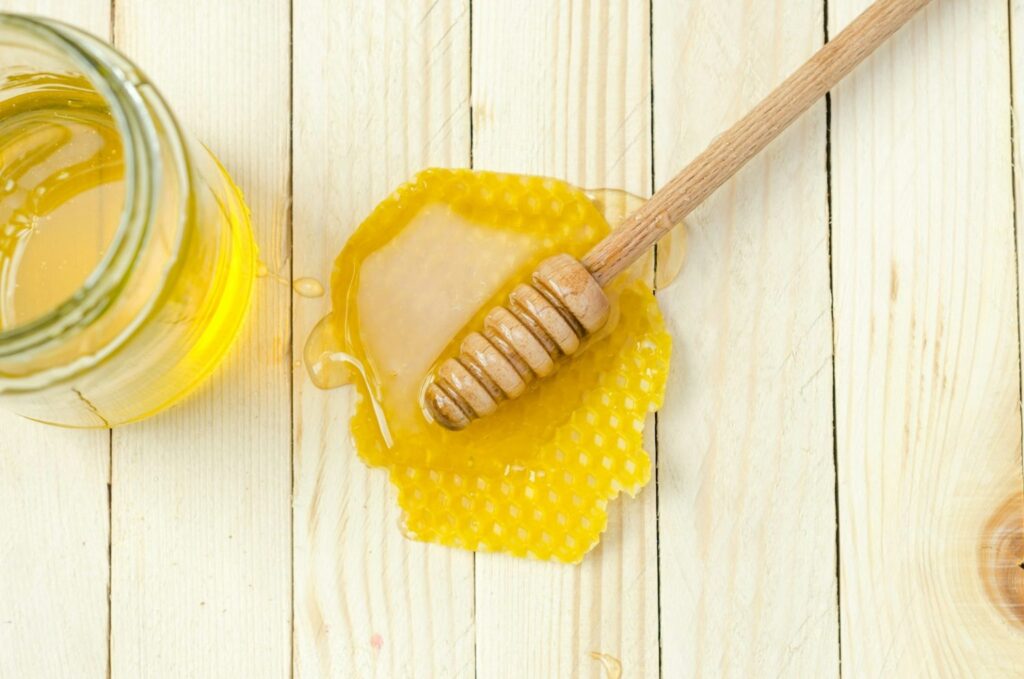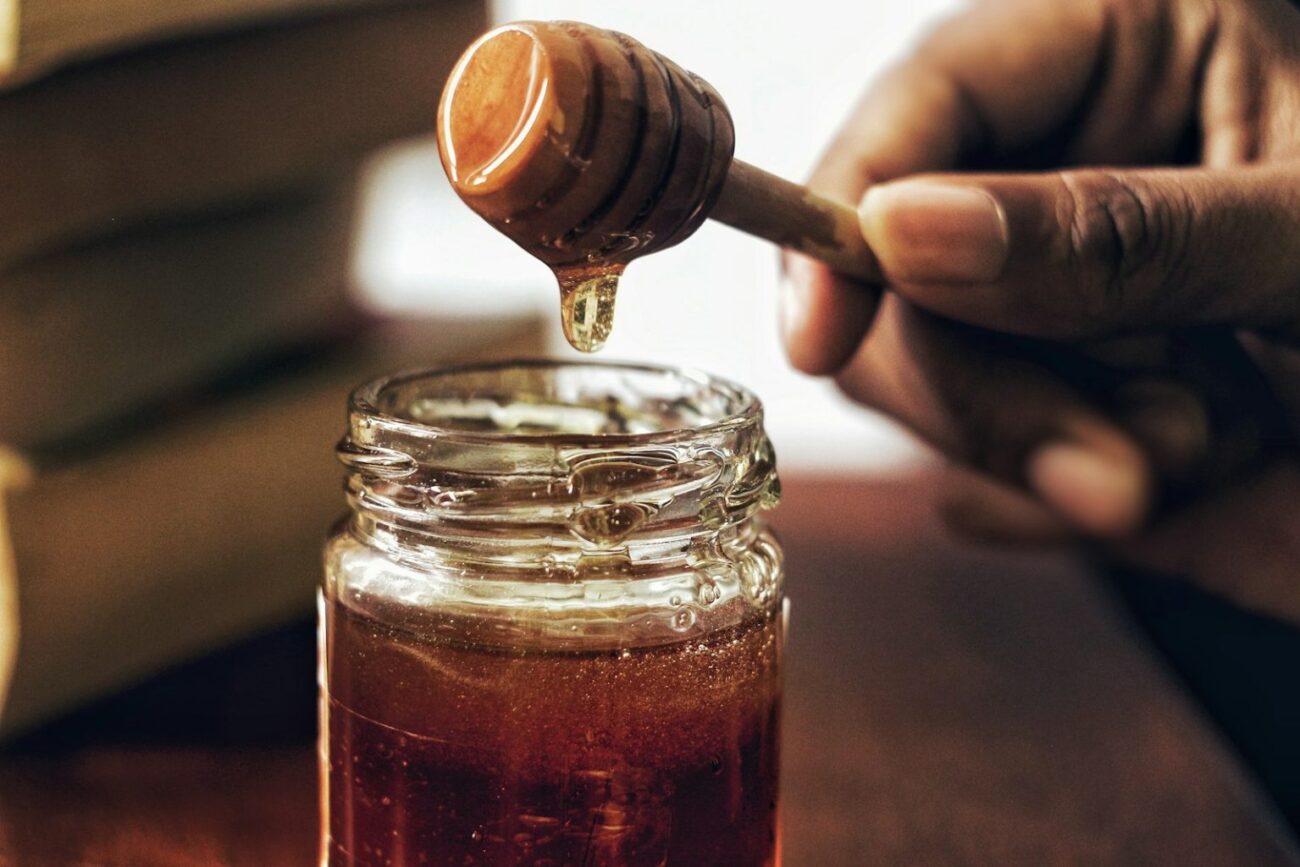In the world of natural remedies, few products have garnered as much attention and acclaim as Manuka honey. Hailing from the pristine landscapes of New Zealand and Australia, this unique honey is more than just a sweet treat—it’s a powerhouse of health benefits backed by science and tradition. From its antibacterial properties to its ability to soothe sore throats and heal wounds, Manuka honey has earned its reputation as nature’s wonder.
In this blog post, we’ll explore what makes Manuka honey so special, its health benefits, and how you can incorporate it into your daily life.
What Is Manuka Honey?
Manuka honey is produced by bees that pollinate the flowers of the Manuka bush (Leptospermum scoparium), a native plant of New Zealand and parts of Australia. What sets Manuka honey apart from regular honey is its high concentration of methylglyoxal (MGO), a compound responsible for its potent antibacterial properties. Additionally, Manuka honey contains other bioactive compounds like dihydroxyacetone (DHA) and leptosperin, which contribute to its unique health benefits.
Manuka honey is graded using a system called the Unique Manuka Factor (UMF), which measures its antibacterial strength. The higher the UMF rating, the more potent the honey.
The Science Behind Manuka Honey’s Benefits
Manuka honey’s health benefits are supported by both traditional use and modern scientific research. Here’s a closer look at what makes it so effective:
- Potent Antibacterial Properties
The high levels of MGO in Manuka honey give it strong antibacterial and antimicrobial properties. It has been shown to combat a wide range of bacteria, including antibiotic-resistant strains like MRSA. - Anti-Inflammatory Effects
Manuka honey contains compounds that help reduce inflammation, making it beneficial for conditions like sore throats, digestive issues, and skin irritations. - Rich in Antioxidants
Manuka honey is packed with antioxidants, which help neutralize free radicals and protect the body from oxidative stress. This can support overall health and reduce the risk of chronic diseases. - Wound Healing
Studies have shown that Manuka honey can promote wound healing by reducing infection, inflammation, and promoting tissue regeneration. It’s even used in medical settings for treating burns and ulcers. - Supports Digestive Health
Manuka honey has been shown to help with digestive issues like acid reflux, gastritis, and irritable bowel syndrome (IBS) by reducing inflammation and promoting a healthy gut microbiome.
Top Health Benefits of Manuka Honey
- Boosts Immunity
The antibacterial and antioxidant properties of Manuka honey make it a great natural remedy for supporting the immune system and fighting off infections. - Soothes Sore Throats and Coughs
Manuka honey’s anti-inflammatory and antimicrobial properties can help soothe sore throats and reduce coughing. It’s often used as a natural alternative to cough syrups. - Promotes Skin Health
Manuka honey is a popular ingredient in skincare products due to its ability to hydrate, heal, and protect the skin. It can help with acne, eczema, and even slow the signs of aging. - Supports Oral Health
Manuka honey’s antibacterial properties can help reduce plaque, gingivitis, and harmful bacteria in the mouth, promoting overall oral health. - Aids in Digestive Health
Regular consumption of Manuka honey can help soothe digestive issues, reduce inflammation in the gut, and promote a healthy balance of gut bacteria. - Enhances Energy Levels
The natural sugars in Manuka honey provide a quick source of energy, while its nutrients support sustained vitality throughout the day. - Helps Heal Wounds and Burns
Manuka honey’s ability to reduce infection and promote tissue regeneration makes it an effective treatment for minor wounds, burns, and skin infections.
How to Use Manuka Honey
Manuka honey is incredibly versatile and can be used in a variety of ways:
- As a Natural Remedy: Take a teaspoon daily to boost immunity or soothe a sore throat.
- In Skincare: Apply it directly to the skin as a mask or spot treatment for acne and irritation.
- In Cooking: Use it as a natural sweetener in teas, smoothies, or baked goods.
- For Wound Care: Apply a small amount to minor cuts, burns, or insect bites to promote healing.
- In Oral Care: Use it as a natural mouthwash by dissolving a teaspoon in warm water and swishing it around your mouth.
Choosing the Right Manuka Honey
When purchasing Manuka honey, look for the UMF (Unique Manuka Factor) or MGO (Methylglyoxal) rating on the label. These indicate the honey’s potency and authenticity. A UMF rating of 10+ or higher is considered therapeutic, while an MGO rating of 100+ is a good starting point for health benefits.
Fun Fact: Manuka Honey and Māori Tradition
The Māori people of New Zealand have used the Manuka plant for centuries for its medicinal properties. They brewed teas from its leaves and used its sap to treat wounds and infections. Today, Manuka honey continues to be a treasured natural remedy worldwide.

Manuka honey is truly a gift from nature, offering a wide range of health benefits backed by both tradition and science. Whether you’re looking to boost your immunity, soothe a sore throat, or heal your skin, this golden elixir from the Antipodes has something to offer. Just remember to choose a high-quality product with a certified UMF or MGO rating to ensure you’re getting the real deal.
Have you tried Manuka honey? What’s your favorite way to use it?
Share your thoughts and experiences in the comments below! 🍯

